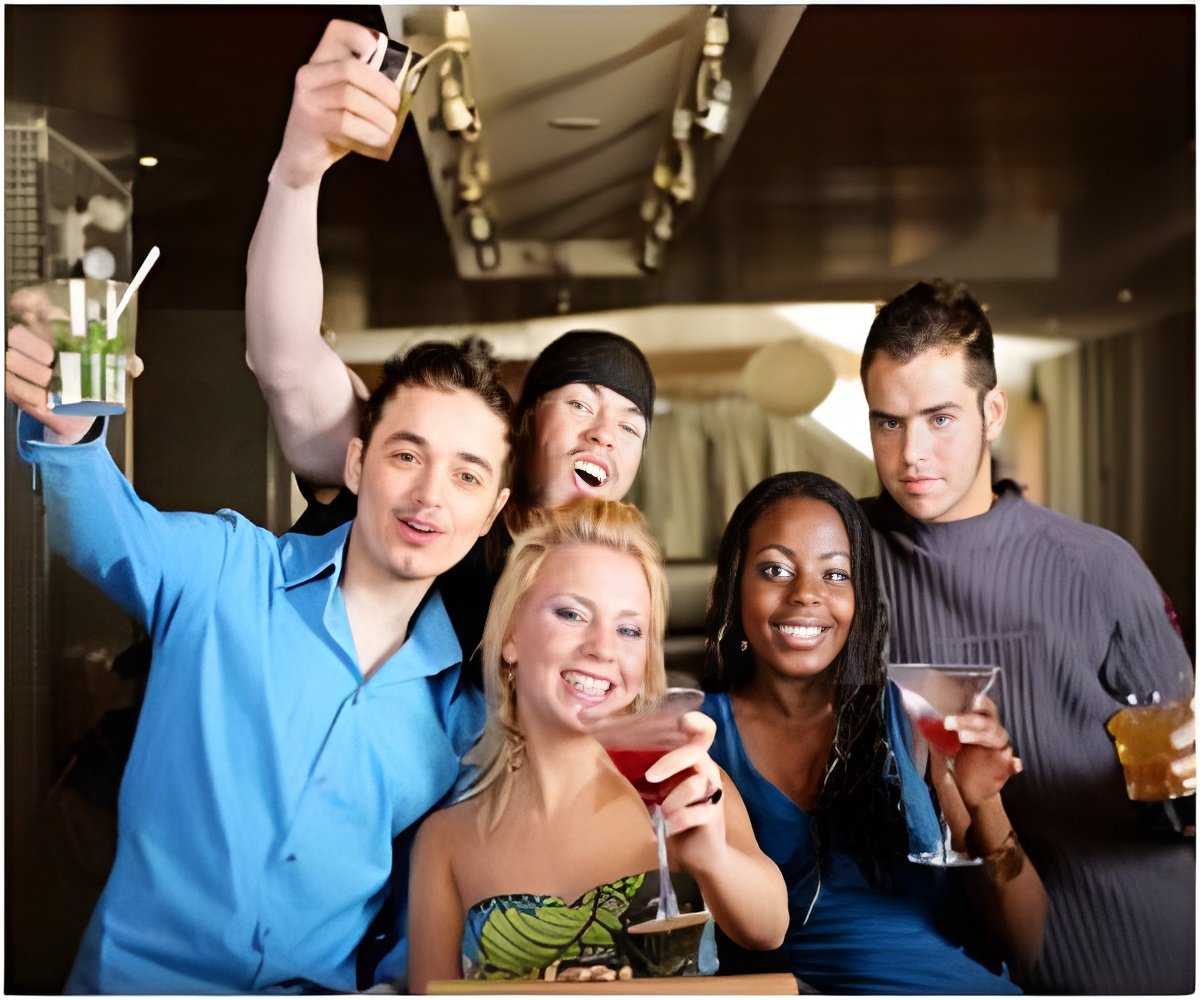
Pre-drinking typically occurs in locations where low-cost alcohol that is usually bought off-premise is consumed, rapidly and in large quantities.
A study using Swiss data has found that pre-drinking, when combined with on-premise drinking, leads to almost twice as much drinking and negative outcomes.
"At first glance, it might seem that pre-drinking is not so prevalent in Switzerland," Florian Labhart, a researcher at Addiction Switzerland as well as corresponding author for the study said.
"However, pre-drinking has been found in about one third of all on-premise drinking, which is a very high rate.
"Considering that pre-drinking leads people to consume nearly twice the normal amount of alcohol on a given night, its prevalence should not be underestimated from a public-health perspective," Labhart said.
Advertisement
"Although pre-drinking has not received the attention it deserves thus far, it appears that researchers are beginning to recognize the importance of gaining a better understanding of this risky and prevalent drinking context," she said.
Advertisement
"In fact, due to US legal drinking age requirements, pre-drinking may be most prevalent among underage drinkers in the US," she said.
"Research shows that underage drinkers may be motivated to pre-drink to achieve a 'buzz' or become intoxicated before going to a licensed premise where they cannot legally consume alcohol, such as a bar, club, concert, or sporting event," she said.
The findings will be published in Alcoholism: Clinical and Experimental Research and are currently available at Early View.
Source-ANI









